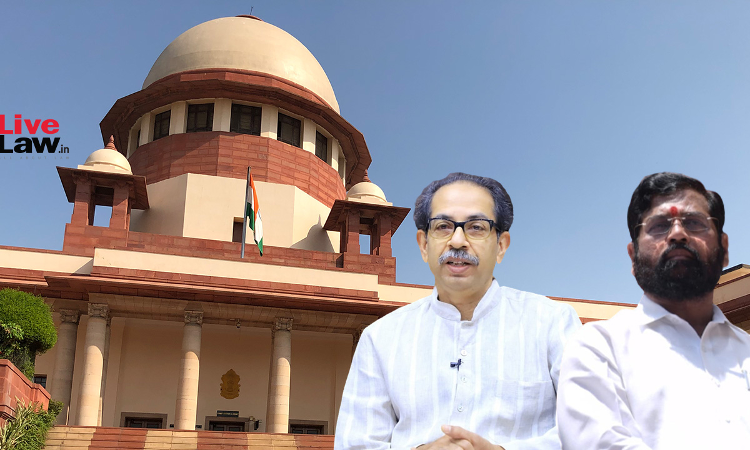Governor Should Not Enter Political Arena, Supreme Court Says While Hearing Shiv Sena Rift Case
Padmakshi Sharma
16 Feb 2023 10:47 AM IST

Next Story
16 Feb 2023 10:47 AM IST
The Supreme Court of India on Wednesday (15th February 2023) continued hearing the pleas concerning the constitutional issues arising out of the rift within Shiv Sena party between Eknath Shinde and Uddhav Thackeray groups. The issue under consideration before the bench was whether the judgement in Nabam Rebia v. Deputy Speaker (2016) should be referred to a seven-judge bench of the...
